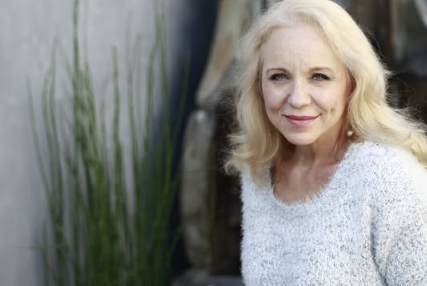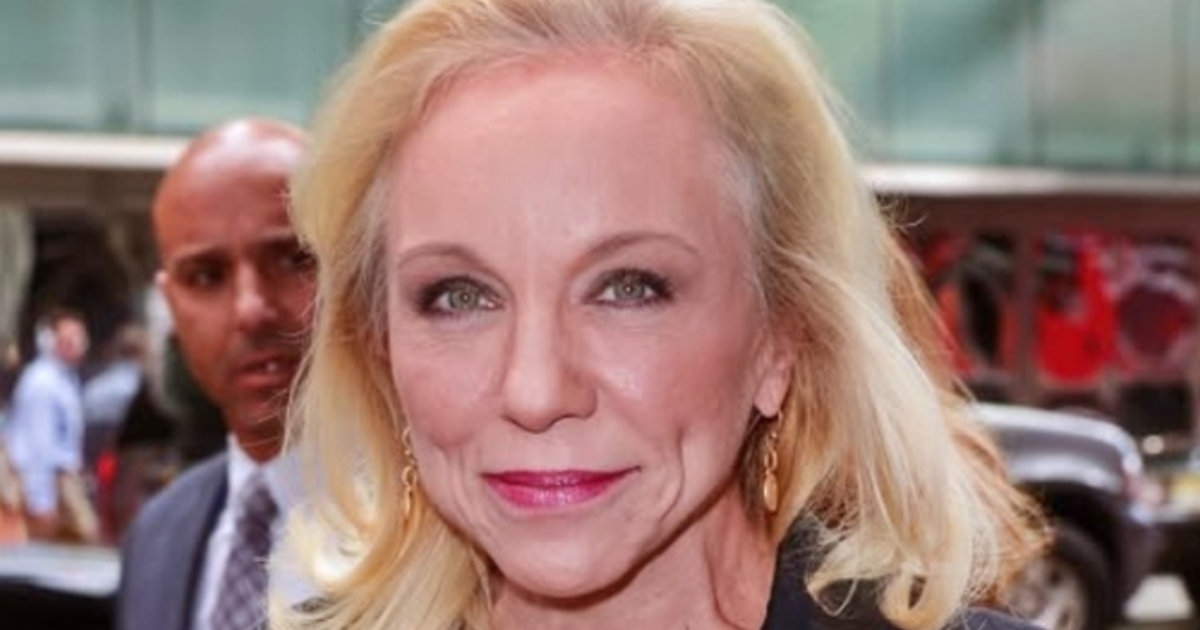A 1990s television sensation, this actress’s rise to stardom, sparked by her lead role in “Grace Under Fire,” quickly morphed into a personal crisis. What appeared to be a dream turned nightmarish, as her internal demons pushed her to the edge of collapse. Hailing from Alabama, her career began in New York City’s stand-up comedy scene during the mid-1980s. This period followed a history of personal battles, including grappling with alcoholism and escaping an abusive marriage, both rooted in a childhood marred by an alcoholic and abusive father.

In 1992, her career took a pivotal turn when “Roseanne” producers Tom Werner and Marcy Carsey offered her the starring role in her own series. “Grace Under Fire” featured her as Grace Kelly, a witty, working-class single mother. The show debuted on ABC in 1993 and became an instant hit, quickly securing a spot in the top ten. Her acting earned her two Golden Globe nominations, positioning her as the potential successor to Roseanne Barr. Yet, the price of fame was steep. Behind the scenes, the stress and a prescription for sciatica led to a Vicodin addiction. After seven years of sobriety, she relapsed, resulting in erratic behavior on set and damaged relationships with her castmates.

Beyond interpersonal conflicts, she also clashed creatively with showrunner Chuck Lorre. Disagreements arose early, notably over a scene involving her character’s child’s potty training, which she refused to film. Lorre, who intended the show as a tribute to single mothers, left after the first season, describing the experience as draining rather than fulfilling. As the years passed, the show’s ratings declined. By the fourth season, her worsening substance abuse caused a sharp drop in viewership, falling to 45th place. Around this time, she sought addiction treatment, delaying the fifth season’s premiere. Her struggle persisted, and frequent relapses led to missed episodes, prompting ABC to cancel the show in 1998. Only 14 of the planned 25 episodes were completed, and the series ended with a dismal 68th place rating.

Following the show’s abrupt cancellation, her life spiraled further downward. At 40, she retreated from the public eye, isolating herself in her Hollywood Hills home. She later admitted to losing nearly everything—her career, marriage, and the respect of her peers. It took another six months for her to fully confront her addiction and acknowledge how close she had come to self-destruction. After “Grace Under Fire,” she withdrew entirely from Hollywood, choosing seclusion and declining most acting offers. Over time, she gained weight and battled worsening depression, a condition she had long ignored. A mental health questionnaire finally prompted her to seek help, revealing her struggle was not just with addiction but also with deep-seated depression.

Seeking a fresh start, she moved to Georgia in 2007, purchasing a farm near Atlanta. However, due to financial mismanagement and her own admitted irresponsibility, she lost everything. Despite earning millions from her hit show, reckless spending and poor financial planning left her destitute. Hoping for a financial rebound, a DVD deal for “Grace Under Fire” failed to materialize. With no money and her farm foreclosed, she returned to Los Angeles. A chance lifeline came from Charlie Sheen, who offered her a role on “Anger Management” in 2012, reigniting her career and reminding her of her comedic talent. This opportunity revitalized her career. She secured roles in shows like “How to Get Away with Murder,” “The Leftovers,” “The Walking Dead,” and “The Morning Show.” Though she re-entered Hollywood, the scars of her past remained. Now sober, she acknowledged her survival as a miracle and dedicated herself to making amends.

In her recovery, she attempted to reconcile with those she had wronged, receiving varied responses. One particular comment, “There’s nothing that special about you,” despite being preceded by forgiveness, served as a stark reminder of how addiction can distort self-perception. Despite these challenges, she continues to move forward, demonstrating that resilience is possible even in the face of profound adversity.
